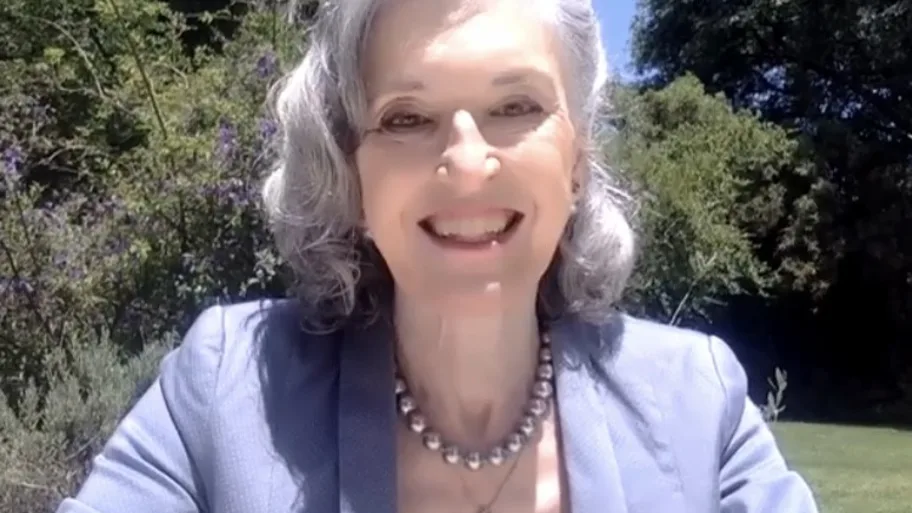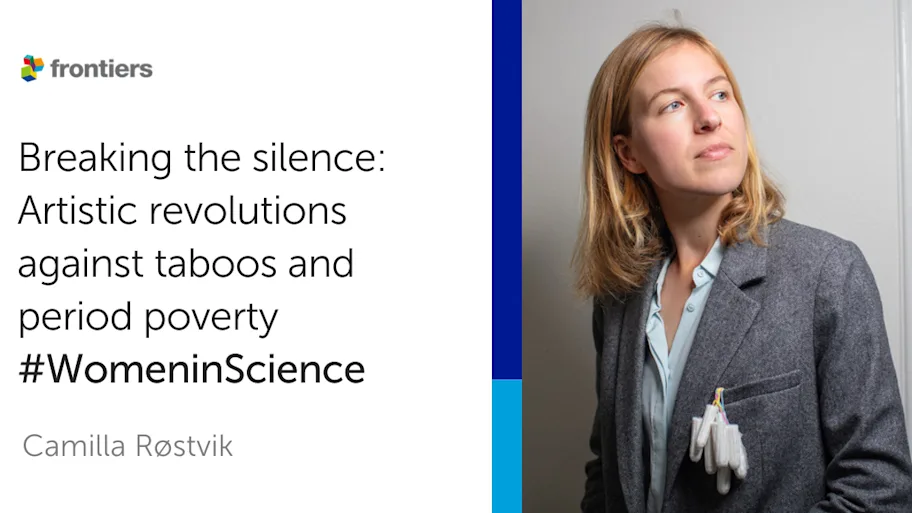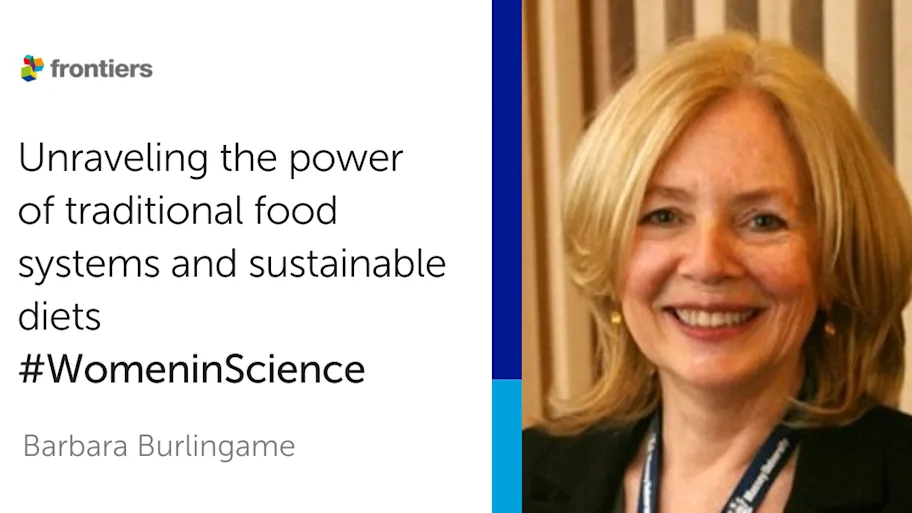
- Science news
- Frontiers news
- Empowering women for a better future: A look into 2024
Empowering women for a better future: A look into 2024
Authors: Carolina Capelo Garcia and Thimedi Hetti

To live in an equitable world, disruption of the norm is necessary. As we close 2023, after a year of inspiring pieces from women all over the world, and as we reflect on the paths paved by these women and what they mean in the context of their exemplary fields, it is especially important to remember why we do it. We do it to enhance the voices of all women. We do it to improve quality of life for all women. We do it to reaffirm that women’s rights are essential for the sustainable future of our planet. We do it so that the next generations of women and girls know that there were many before them who had to break ground where there wasn’t any in order for them to grow to become informed key players of a so far unbalanced world. If history often seems doomed to repeat itself, knowledge of what that history was and who the people were that made our existence a better one is essential for the creation of a brighter future.
Even with the incredible achievements of so many women, we still saw this December at COP28 that only 15 of the 133 world leaders in environmental policymaking were women. If this is the representation we see among top world leaders, we certainly have a long way to go to make things just for women across all of society. It is not just the role of women to forge their own path though, all people are called on in this moment to go beyond “being an ally”. While having conversations and policy recommendations for the advancement of gender equality is essential to make this equitable future a reality, everyone is called to act. Stand up for women, as we stand up for you too.
As we head into the new year and into our fourth year for the Frontiers Women in Science series, we reflect on another inspiring collection of stories, experiences, and challenges shared by the researchers interviewed in 2023. With a particular focus on the United Nations Sustainable Development Goals (SDGs) this year, we explored a range of disciplines, including global women’s health, fisheries science, education, economics, agriculture, industrial engineering, and evolutionary biology, among others. Staying true to the constantly evolving nature of the Women in Science series, in 2024 we aim to focus on women’s contributions to research of the 9 Planetary Boundaries, a concept that outlines the limits within which humanity can continue to develop and thrive in the generations to come. We realize the importance, not only of providing a voice to women in science, but of the need for intersectionality if we are to build a better, healthier planet for the future.
Special thanks as always should be given to the members of this group, who continue to empower and uplift the voices of those they interview, our partners in the marketing and communication teams who contribute to the success of these blogs, and finally, to Leticia Nani Silva, without whom none of this would have been possible.






